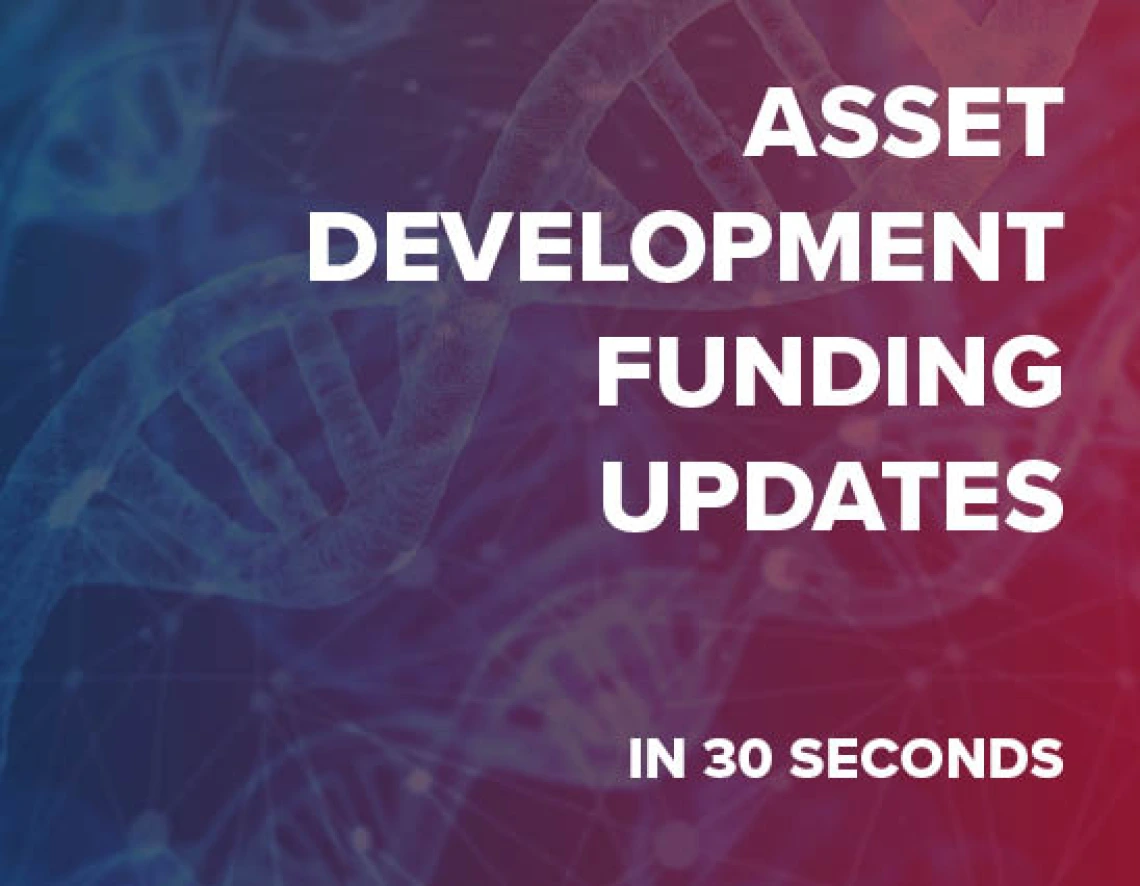Advancing Innovation: Peptide therapeutic for triple-negative breast cancer
A quick-read Asset Development funding update

What is the technology?
Peptide Therapeutic for triple-negative breast cancer
Who is on the inventing team?
- Joyce Schroeder, Department Head and Professor, Molecular & Cellular Biology, College of Science
- Angelica Escoto, Graduate Student
- Benjamin Atwell, Postdoctoral Student
How were Asset Development funds used?
The inventors discovered a compound that induces cell death and regression in tumors in a mouse model for EGFR-dependent breast cancer. Working with TLA, she and Senior Licensing Manager Laura Silva received feedback from potential licensees, who wanted information about the compound’s toxicity to be able to consider moving forward with the technology. Thus, Dr. Schroeder applied for and received Asset Development funds to perform these toxicity tests.
What was the outcome?
Through Schroeder’s experiments, mice exposed to multiple levels up to 10 times the effective dose of the compound had no observable toxic effects. In addition, she also discovered that immune cells had been activated around the tumors, leading to additional IP and opportunity.
“This technology offers a novel mode-of-action with a wide therapeutic window of efficacious dose to treat triple negative breast cancer,” Silva said. “It is a promising new solution for a type of breast cancer with more limited treatment options.”
The plan is to move ahead with further pre-clinical and clinical development and licensing to provide a pharmacological solution for triple negative breast cancer, as well as other cancer types in which EGFR is implicated.
Want to learn how you can advance your novel discovery for a better world?
Asset Development funding is a program open to all UArizona inventors. Funds are available now.

